New Delhi: India’s ambitious approach to Artificial Intelligence (AI) emerged as a highlight at the India Internet Governance Forum (IIGF) 2024, where Union Minister of State for Electronics and IT Jitin Prasada and Meta India’s Vice President of Public Policy, Shivnath Thukral, had compelling perspectives on Artificial Intelligence and India’s global representation.
While both speakers emphasized AI as a transformative opportunity for India, Thukral contrasted the apprehensions in Western countries about job displacement with India’s optimistic outlook on job creation and innovation.
AI: A Cornerstone for India’s Future
Prasada outlined India’s comprehensive vision for AI, describing it as pivotal for building a “Viksit Bharat” by 2047. He noted that India is uniquely positioned for an AI revolution, citing the country’s vast youth population and its status as one of the largest users of large Internet language models.
“Artificial intelligence is the cornerstone of transformative solutions,” Prasada stated. He highlighted the Rs10,000 crore allocation for the India AI Mission, aimed at democratizing AI benefits, fostering self-reliance, and establishing global leadership in AI innovation. This mission aligns with India’s commitment to open, free, and secure digital spaces, as seen in its active participation in the UN’s Global Digital Compact and the Global Partnership on Artificial Intelligence (GPAI).
Thukral echoed this sentiment while emphasizing open-source AI as a driver of local innovation. He pointed to Meta’s collaboration on projects like Kisan AI, which utilizes open-source large language models (LLMs) such as Llama 3.1.
“The Western fear of AI, like, job losses. But in India it is about opportunity,” Thukral remarked, advocating for minimal AI-specific regulation and reliance on existing legal frameworks to address potential fallout.
Prasada’s vision of leveraging AI for inclusivity and sustainable development, coupled with Thukral’s advocacy for open-source innovation, underscores India’s potential to lead in AI adoption and governance. Their message is clear: while Western nations grapple with fears of AI-induced job loss, India sees AI as a transformative opportunity to create jobs, foster innovation, and strengthen its digital economy.
India’s Global Representation
Both Prasada and Thukral raised concerns about India’s underrepresentation in global forums where Internet governance and technological standards are decided. Prasada stressed the need for a more significant Indian presence to shape these critical global discourses, despite being the most connected nation worldwide.
He said: “However, despite being the largest connected nation globally, our presence in the critical global public forums where global standards and technologies for the Internet are determined is notably underrepresented. It is a priority of our government to address this imbalance and ensure that our nation’s perspectives contribute significantly to shaping the global discourse on Internet governance.”
Thukral lauded India’s participative policymaking process, describing it as one of the most inclusive globally. He emphasized how consultative rule-making has elevated the potential for companies and stakeholders to influence policy decisions, fostering innovation and industry growth.
“From a governance perspective, India has set a benchmark in openness, allowing companies to make institutional representations during and after the drafting of laws,” Thukral said.
Also Read –
India’s Generative AI Boom and 5G Demand: Insights from Ericsson





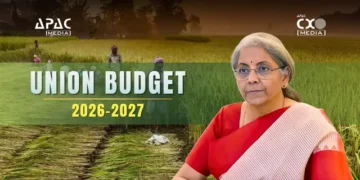




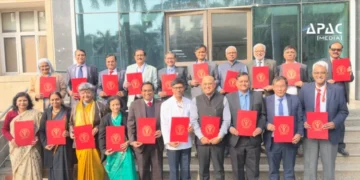














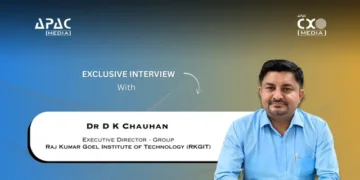




















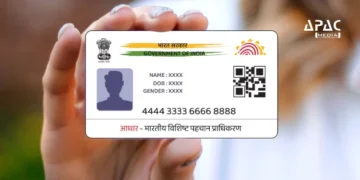
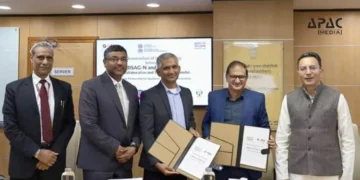











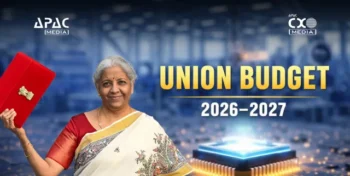







Discussion about this post